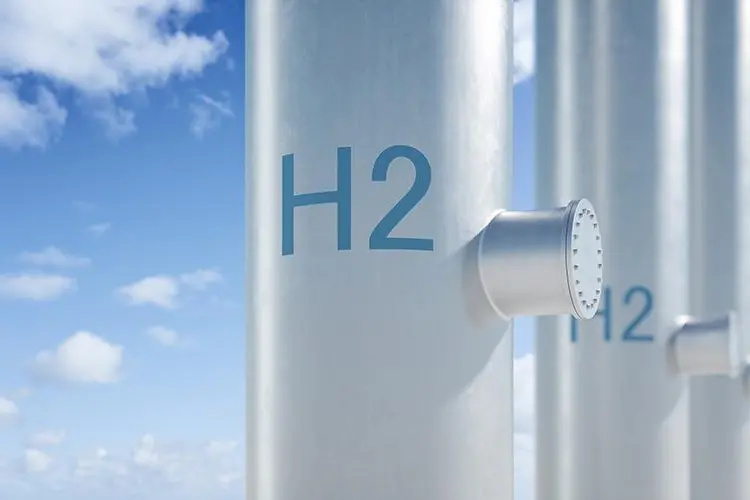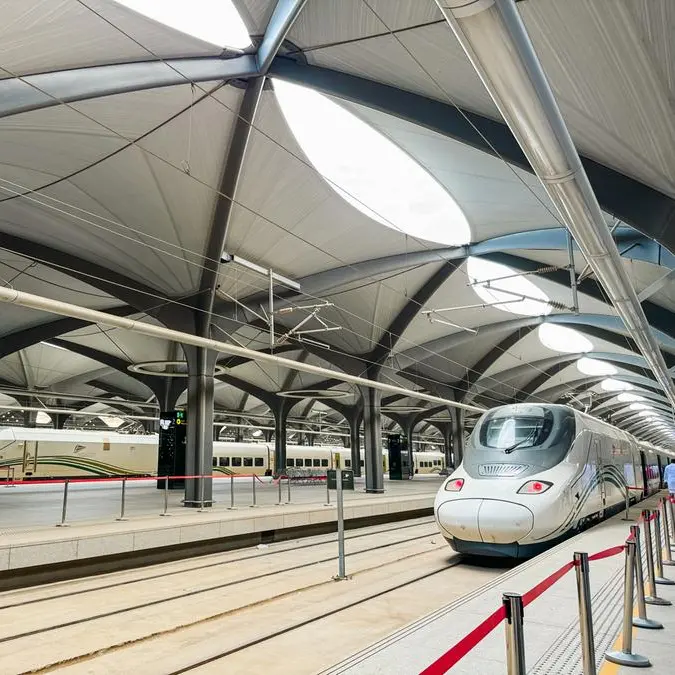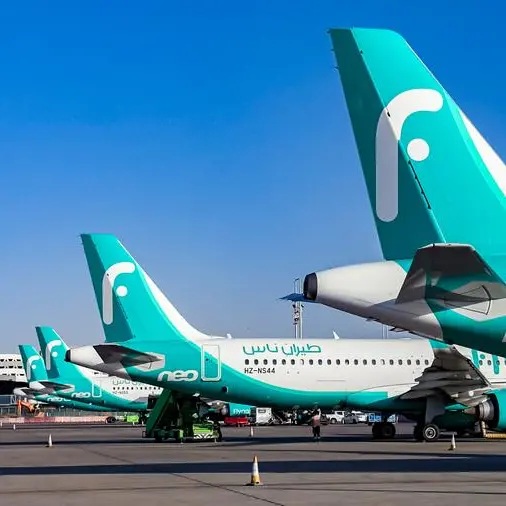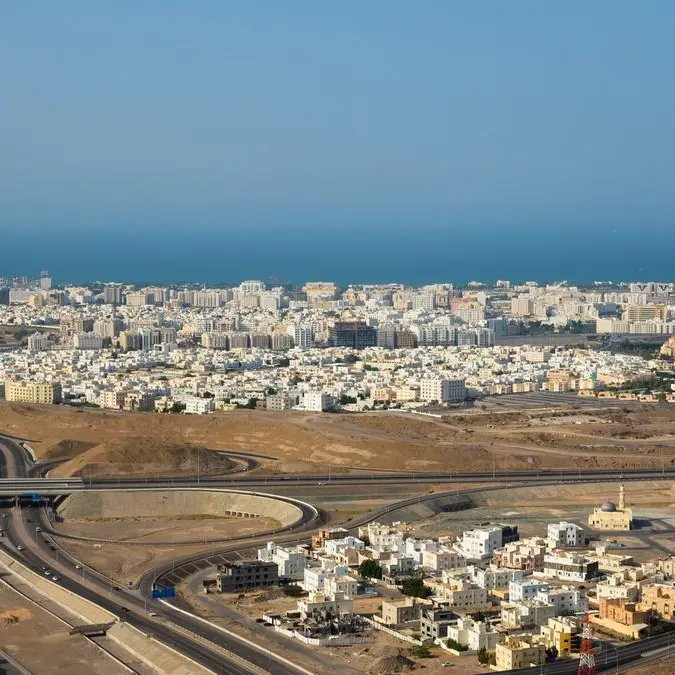PHOTO
A hydrogen pipeline from the Gulf Cooperation Council (GCC) region to Europe is a feasible proposition, according to a joint study.
Genoa-based RINA, an inspection, certification and consulting engineering multinational, and Stockholm-based AFRY, which provides engineering, design, and advisory services worldwide, undertook an initial study of how the GCC region and Europe could be linked directly with a pipeline to transport low-carbon hydrogen.
An initial assessment indicated that such a pipeline, which extends from the Gulf region to Egypt and thereon to Europe via the Mediterranean Sea, is feasible, RINA said in a press statement.
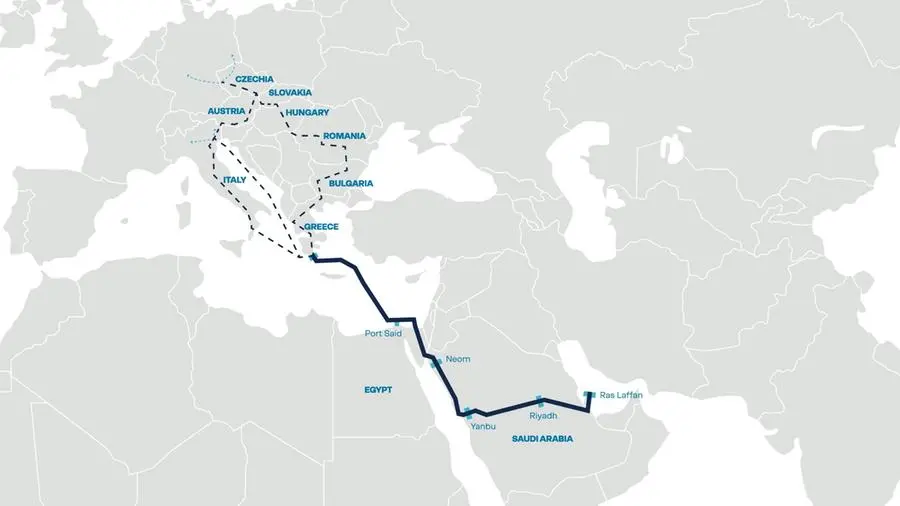

With abundant renewable energy sources (RES) and natural gas reserves, the Gulf region is set to become a top global producer of green and blue hydrogen, ammonia and other synthesis products.
The analysis shows a suitable pipeline configuration could transport 100 terawatt-hour (TWh) or approximately 2.5 million tonnes of hydrogen annually.
Moreover, the transport capacity could be significantly scaled up by constructing additional pipelines of the exact nature.
According to the statement, the cost of transporting hydrogen through this pipeline is initially seen at approximately 1.2 EUR/kg H2. The Gulf countries, in turn, could supply green and blue hydrogen to the economic hub of Europe at Levelised Costs of Delivered Hydrogen (LCODH) of around 2.7 EUR/kg starting from the 2030s, decreasing to around 2.3 EUR/kg in the longer term.
Recent geopolitical challenges have forced Europe to explore alternative avenues for energy security, including linking the Eastern Mediterranean and Europe by pipeline, which was investigated for the EastMed Natural Gas project.
At the same time, the discussion around exporting hydrogen and its synthesis products from the Gulf to Europe is currently revolving around molecule transport by ship. These options receive EU subsidies and drive activity within the gas/hydrogen industry, but they may not be most efficient for bulk transport.
A competitive and actionable pipeline project from the Gulf region in the near future could provide a viable and powerful complement.
Antonio Nodari, a member of the Executive Management Team at AFRY Management Consulting, said: “The collaboration between RINA and AFRY provides a unique and highly interesting view of a significant opportunity to take a step forward in the green energy transition for Europe and the MENA region.”
Andrea Bombardi, Executive Vice President at RINA, said the first-of-its-kind study considers routing alternatives, technical parameters and feasibility, especially for the deep-sea pipeline section, geo-strategic framework conditions and top-level economic estimates of a direct hydrogen pipeline link between the Gulf and Europe as an element of an integrated green energy and industry system across Europe and MENA.
“Together with AFRY, we have identified a potential stable corridor to bring supply and demand together. The scale-up of hydrogen adoption goes through projects like this,” he noted.
(Writing by P Deol; Editing by Anoop Menon)
